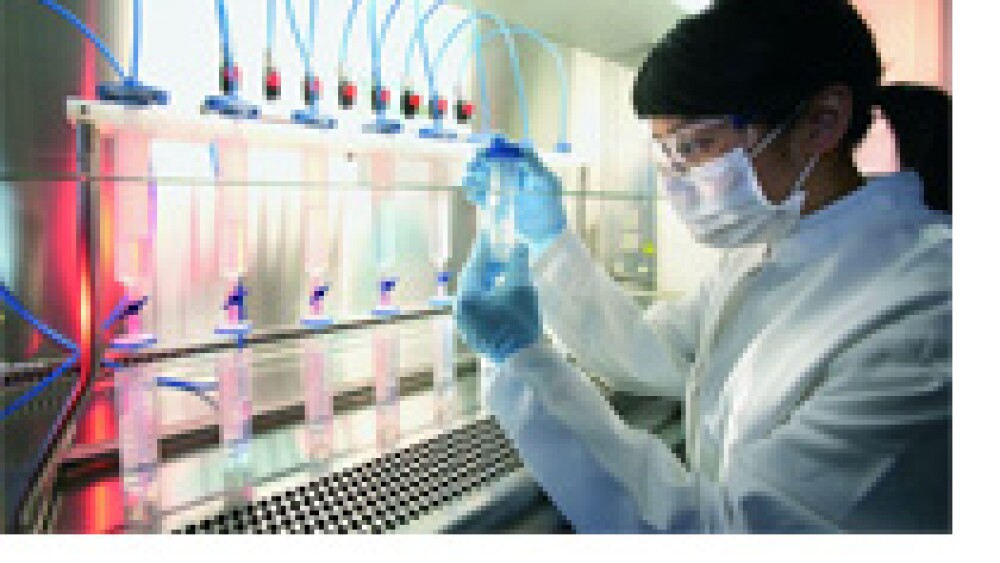January 26, 2015
By Alex Keown, BioSpace.com Breaking News Staff
CAMBRIDGE, ENGLAND -- On Monday an online petition opposing the building of an animal testing lab as part of a proposed research center for pharmaceutical giant AstraZeneca PLC has garnered nearly 5,000 signatures in less than two weeks.
The animal rights activist organization Cambridge against AstraZeneca PLC Planning, or CAP, is opposed to the proposed animal testing facilities at the planned site. The Cambridge City Council is expected to vote on the proposed facility in February.
“As part of our opposition we are politely contacting AstraZeneca before the planning meeting takes place, urgently asking them to drop the animal lab from their planned HQ,” the petition says.
The online petition, set up on Change.org, is 270 signatures away from a goal of 5,000 signatures. The petition, established on Jan. 15, has drawn signatures from across the globe, including Canada, Sweden, the United States and of course the United Kingdom.
In a letter to London-based AstraZeneca, the members of CAP called for the pharmaceutical company to reduce and eventually eliminate testing products on animals over the next several years.
“I urge you to consider phasing out all animal experimentation with year on year decreases, leading to an eventual elimination of all animal testing. AstraZeneca has the resources, facilities and academic brilliance to make this happen – please listen to the concerned voices of the public,” the letter attached to the petition says.
CAP claims the pharmaceutical company “abuses around 300,000 animals per year in cruel, unnecessary and useless experiments based on 2011, 2012 and 2013 numbers.” On its website the organization says it will not allow AstraZeneca to build a global facility in Cambridge without challenging the company due to its use of animal testing.
AstraZeneca, which manufactures numerous prescription medications including Symbicort, Prilosec and Crestor, announced its plans to build the Global R&D Center and corporate headquarters on the Cambridge, England BioMedical Campus in March 2013. The site is expected to employ approximately 2,000 people. The Cambridge site will become the company’s largest oncology research center, according to the AstraZeneca website. Additionally the site will focus on cardiovascular and metabolic diseases, respiratory, inflammation and autoimmune diseases and conditions of the central nervous system. As part of its oncology research the Cambridge site is expected to include a “rodent facility” to support company research into the early stages of cancer.
In 2013 AstraZeneca used more than 260,000 animals in its product development. According to its website, 91 percent of the animals used were rodents, 8 percent were fish and the remaining 1 percent included primates, canines and rabbits.
On the part of its website about animal testing, AstraZeneca included this statement: “Animal studies continue to play a vital role in the search for new and improved medicines. We are committed to the responsible use of animals and the welfare of the animals we use is a top priority.”
In addition to objecting to the animal testing facility, CAP also objects to the facility due to expectations of increased automobile traffic in the area, chemical and biological waste disposal and noise pollution.
CAP says it is supported by similar environmental and animal activist organizations, including Friends of the Earth and Animal Aid.
BioSpace Temperature Poll
Can Sanofi Snag a New CEO? French biopharma giant Sanofi has had a difficult time finding a replacement willing to take the CEO job after ousting popular chief Chris Viehbacher last fall. So far, at least three marquee-name candidates have turned down the job, including execs from Takeda and AstraZeneca. Do you think Sanofi will be able to fill this position any time soon? BioSpace wants your opinion!





